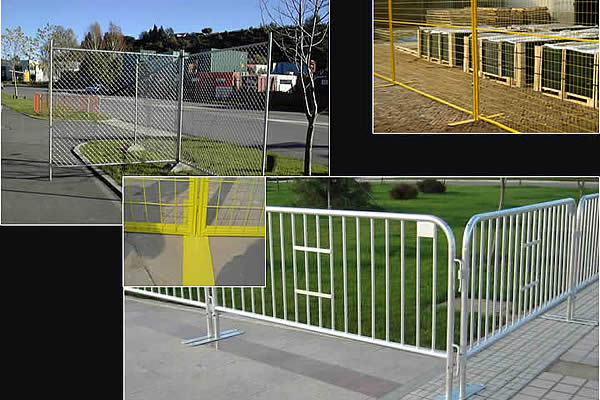 TEL:
+86-13102802206
TEL:
+86-13102802206
 Email:
fencenetting@china.com
Email:
fencenetting@china.com
 Language
Language
 TEL:
+86-13102802206
TEL:
+86-13102802206
 Email:
fencenetting@china.com
Email:
fencenetting@china.com
 Language
Language


Understanding Window Mesh Types A Comprehensive Guide
When it comes to home and building design, the choice of window mesh can significantly influence not only the aesthetic appeal but also the functionality and safety of a structure. Window meshes are essential for various purposes, including insect protection, security, and ventilation. In this article, we’ll explore the different types of window meshes available, their materials, and their specific applications.
Types of Window Meshes
1. Insect Screens Insect screens are perhaps the most common type of window mesh. Designed primarily to keep pests such as mosquitoes, flies, and other insects out, these screens are usually made from a fine mesh material that allows fresh air to circulate while preventing unwanted intruders. Insect screens can be found in different frames, including aluminum, fiberglass, and vinyl-clad options. A popular choice for residential applications, these screens can be fixed, removable, or retractable, depending on the homeowner’s needs.
2. Security Screens Security screens are designed to provide an additional layer of protection against break-ins while still allowing for ventilation and visibility. Typically made from stainless steel mesh or heavy-duty aluminum, these screens are constructed to withstand forced entry attempts. Many security screens also feature locking mechanisms for enhanced safety. They are ideal for ground-floor windows and can be a great deterrent for potential intruders, providing peace of mind to homeowners.
3. Solar Screens Solar screens are increasingly popular in areas with high sunlight exposure. These screens are designed to block harmful UV rays, reduce glare, and help control indoor temperatures. Made from specially designed mesh fabric, solar screens can significantly lower energy costs by reducing the need for air conditioning. They come in a variety of colors and can be custom-made to fit any window size. Homeowners looking to enhance energy efficiency and maintain comfortable indoor environments often opt for solar screens.

4. Pet Screens For pet owners, window protection is not just about preventing insects or intruders; it’s also about safeguarding pets. Pet screens are more robust than standard insect screens and are designed to resist tears and scratches from pets trying to escape or look outside. They are typically made of heavy-duty mesh material that can withstand the rough use of active pets. This type of screen allows pet owners to enjoy open windows without fear of their furry friends damaging the mesh.
5. Privacy Screens Privacy screens are designed to obscure views from the outside while still allowing light and airflow. These screens are commonly used in urban settings where homes are in close proximity to one another. Privacy screens can be made from various materials, including mesh and fabric, and come in different opacity levels. They are an excellent option for homeowners looking to create private outdoor spaces or block the view into their homes without sacrificing natural light.
Choosing the Right Window Mesh
When selecting the right window mesh type, homeowners should consider factors such as location, purpose, and personal preferences. For instance, those living in areas prone to insects may prioritize insect screens, while individuals in high-crime neighborhoods may lean toward security screens. Additionally, the climate and sun exposure can influence the choice; solar screens may be necessary for hot climates to maintain energy efficiency.
In conclusion, understanding the different types of window meshes available provides homeowners with the information needed to make informed decisions. Whether it's for insect protection, security, energy efficiency, or aesthetics, the right choice of window mesh can enhance a home’s functionality and appeal. As with any home improvement project, it’s always advisable to consult with professionals to find the best solutions tailored to specific needs and conditions. By choosing the right window mesh, homeowners can enjoy a comfortable, stylish, and secure living environment.